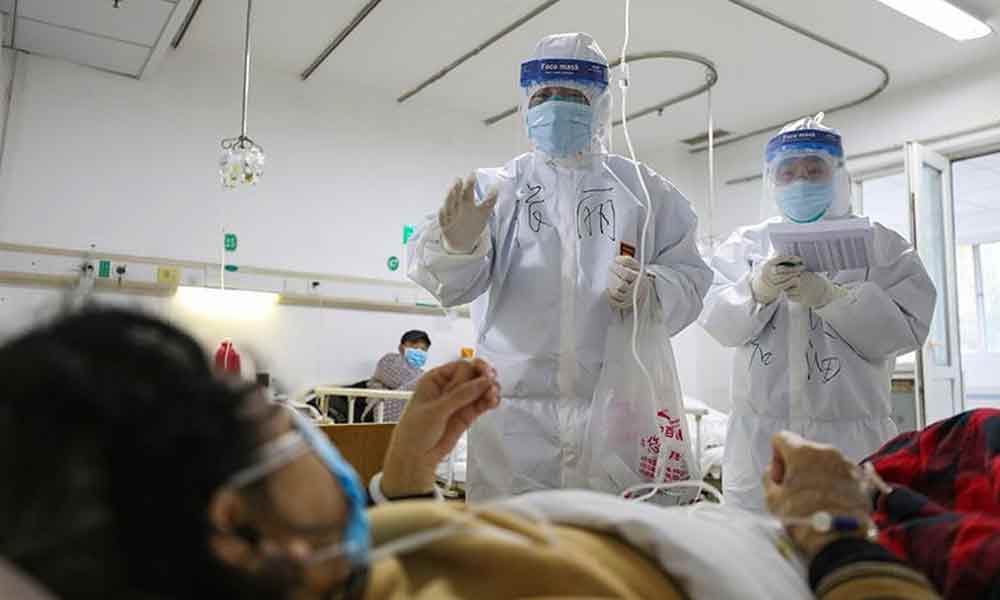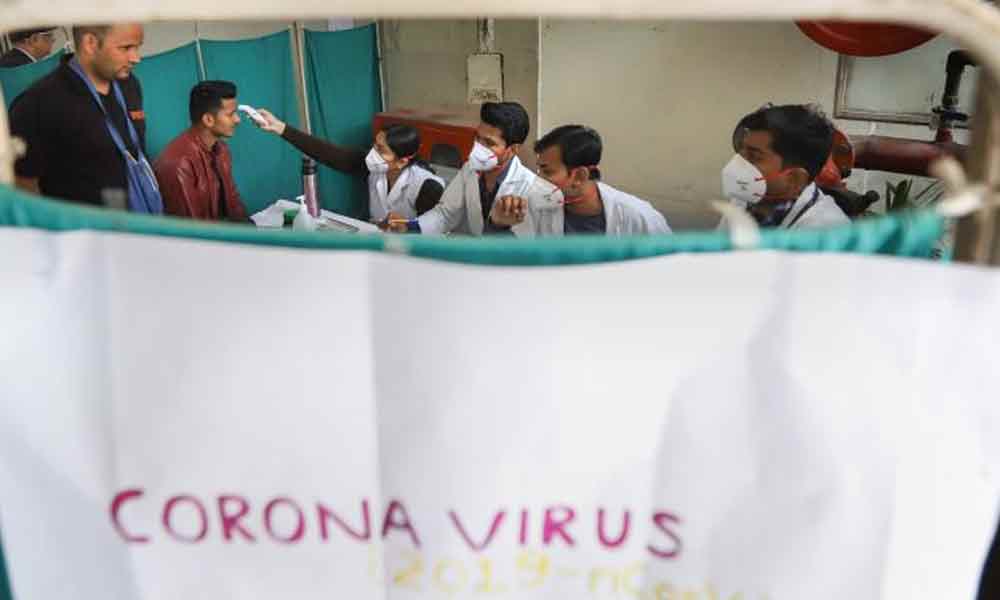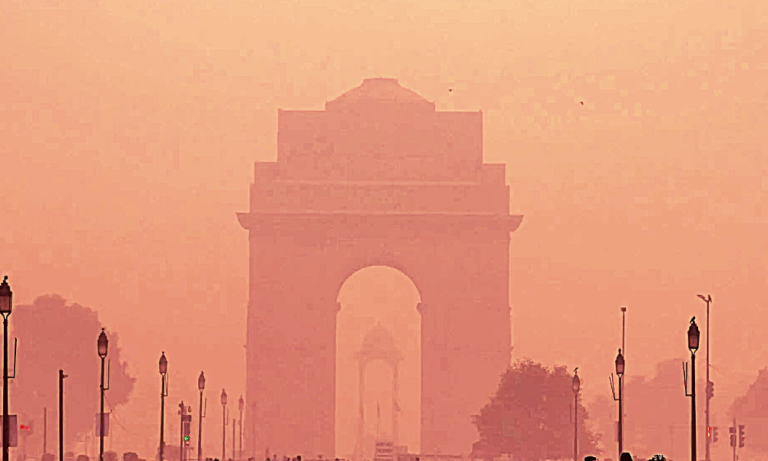India is prepared to commence “pool-testing” to speed up the coronavirus diagnosis, contact tracing and mitigate quantified effort of laboratories. The method uses the remarkably precise real-time polymerase chain reaction (RT-PCR) test in a combined sample from several people. Swab samples from mucous membranes of the nose or throat are combined in a buffer solution, which is then tested using the RT-PCR thus, saving costs. If the test comes back negative, it indicates that all the people tested are negative; that being said, if a combined sample test positive, each person in the group is isolated and examined individually.

According to Professor Seifried who heads the research team at the German Red Cross Blood Donor Service in Frankfurt, Germany, pool-testing makes the implementation of expanded testing in larger population groups to be carried out sooner than previously thought, even in view of limited test kit resources.
Historically, pool-testing has been used during colossal epidemics and concealed community transmission such as of HIV, the pathogen that causes AIDS. This modus operandi is now being used to ascertain splinters of the unique genetic material or RNA of SARS-COV2, the COVID-19. Researchers from Israel have substantiated that testing combined samples from up 64 people for COVID-19 can considerably speed up testing and caused a decline in the expenses.
A meagre sum of 75,000 individuals out of India’s 1.36 billion population has been tested for COVID-19, according to the Indian Council of Medical Research.

“Efforts to increase test capacity by the ‘pooling’ of samples are being evaluated. This is not simple and needs the development and testing of optimization algorithms so that one positive in a large pool is not missed, for example,” India’s principal scientific adviser K VijayRaghavan said on Twitter a week after the nationwide lockdown was imposed.
On Thursday, the Indian Council of Medical Research (ICMR) also revised its testing strategy including all symptomatic patients in clusters, hot spots, large migration gatherings and quarantine centres.
As per the new guidelines, all symptomatic patients with influenza-like illness (fever, cough, sore throat, runny nose) will be tested. The ICMR has said to conduct RT-PCR within seven days of illness for such patients. Post seven days of illness, an antibody test ought to be conducted followed by RT-PCR diagnosis.








